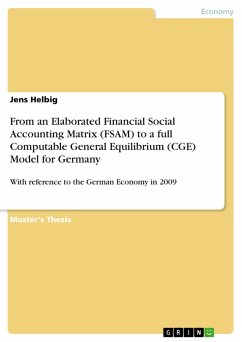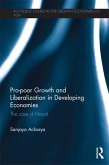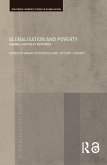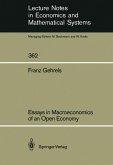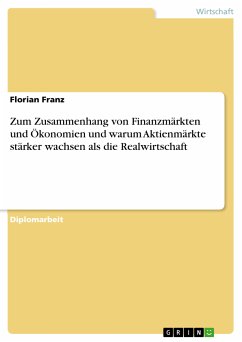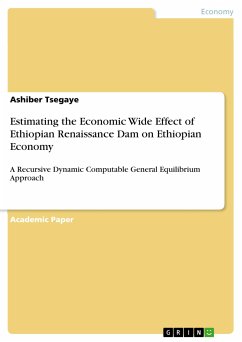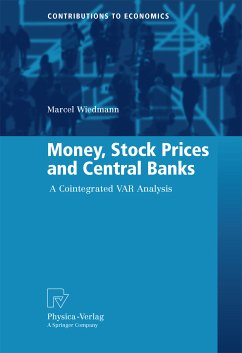Master's Thesis from the year 2013 in the subject Economics - Macro-economics, general, grade: 100, Tecnológico de Monterrey, language: English, abstract: In the light of recent economic crises the necessity of more detailed and especially financial investigations for economic policy makers and the majority of economic agents surged imperatively around the world. However, one quite popular analysis instrument used in many countries, unfortunately in Germany and some other members of the European Union seems to be lacking its deserved attention. Social Accounting Matrices (SAMs) and their respective Computable Equilibrium Models (CGEs) represent a useful tool for profound and targeted economic analysis worldwide. Basically, observed and selected data of a base year is accommodated into a matrix presentation taking into account the double-entry accounting principle of revenues and expenditures revealing cross-institutional and cross-sectorial information or the mix of both. The underlying principle is to connect the producing part of an economy with the national institutions and the rest of the world in order to be able to conduct a significant analysis through a Computable Equilibrium Model. This model is calibrated and computed to generate the general equilibrium of an economy with the help of (mostly neo-classical) economic equations and assumptions reproducing the same values as observed in reality. In consequence, it is possible to perform an economic experiment predicting the reactions of the economy under consideration when facing those exogenous shocks. Until now, most SAMs and therefore CGEs have focused on a too limited presentation of the economies ignoring completely the financial part of it, even though this is an essential and in modern economies decisive part of economic life. This paper aims to transmit a step by step illustration of the elaboration of a Financial Social Accounting Matrix (FSAM) and the gradual development of an economic CGE model written in GAMS which makes use of the same data. In the end, an experiment is conducted taking into account the German Share Index DAX and a multitude of macroeconomic equilibrium equations.
Dieser Download kann aus rechtlichen Gründen nur mit Rechnungsadresse in A, B, BG, CY, CZ, D, DK, EW, E, FIN, F, GR, HR, H, IRL, I, LT, L, LR, M, NL, PL, P, R, S, SLO, SK ausgeliefert werden.

